How to answer hostile or negative questions from a journalist. In this episode, practical techniques and strategies for effectively managing difficult interviews. Also, how to handle combative interviewing styles, identify and respond to loaded questions, and maintain your composure under pressure.
Whatever you taste in TV news these sort of hard-hitting interviews are seen as ratings grabbers by the broadcasters. They'll find an issue people like to argue about, be it immigration, transgender equality, or emissions charges for city centres, and we're off to the races.
You'll witness hostile or negative questioning on talk-based radio and TV shows and magazine news programmes.
Unusually for a former journalist, I find this sort of broadcasting a turn-off but it appears to be growing in popularity.
The best defence against hostile or negative questions from a journalist is not to appear in the first place
Your best defence against shouty journalism is not to appear in the first place. So educate yourself on where this sort of journalism happens by watching and listening. If you're invited on that show, just say no thanks. No one needs or deserves to get their arse handed to them on a plate on air. (With a few exceptions.)
In some of the worst examples, typically during a 5-minute interview, you see the presenter ratcheting up the tension. They'll interrupt, accuse you of being out of touch, question your knowledge and experience and even get quite personal.
So let's say you end up in front of a journalist like this, what do you do?
More media training guides and podcasts

Mastering profile interviews in the media

Media appearances, the unwritten rules

Public apologies, how to say sorry in the media and mean it

Why off-the-record journalism is riskier than you think
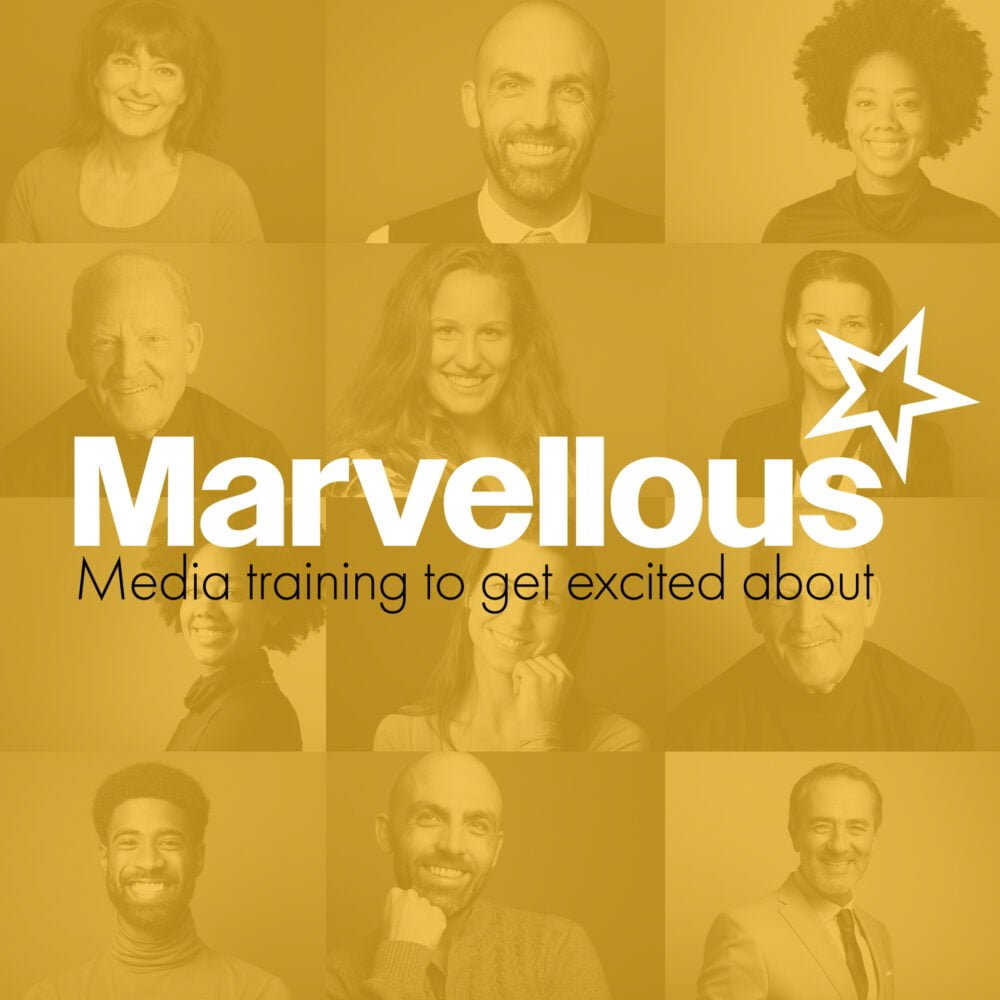
What are key messages in the media?

Give your leader feedback after a media interview

Why avoid corporate speak and office jargon in media interviews?
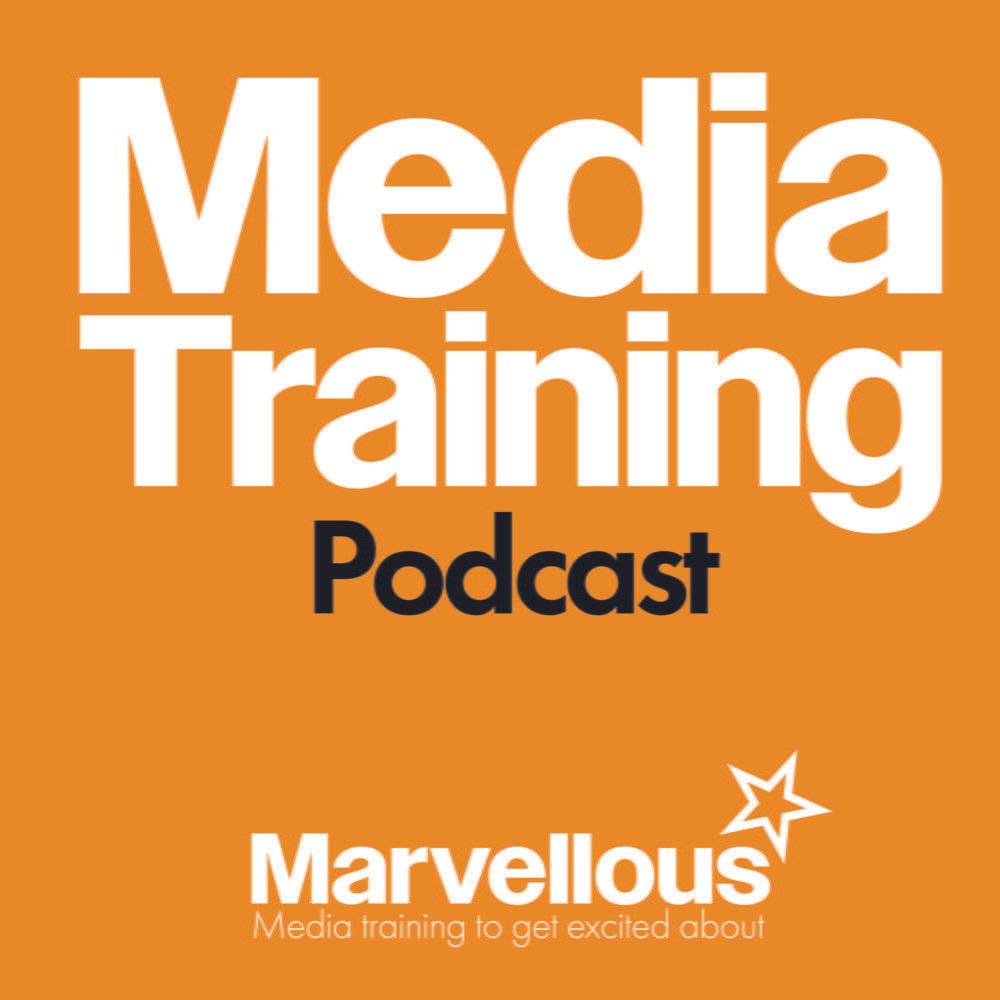
Media interview preparation checklist

How to create a founders’ origin story

How to answer hostile or negative questions from a journalist

How to be authentic in a media interview

Crisis Management: How to write a holding statement
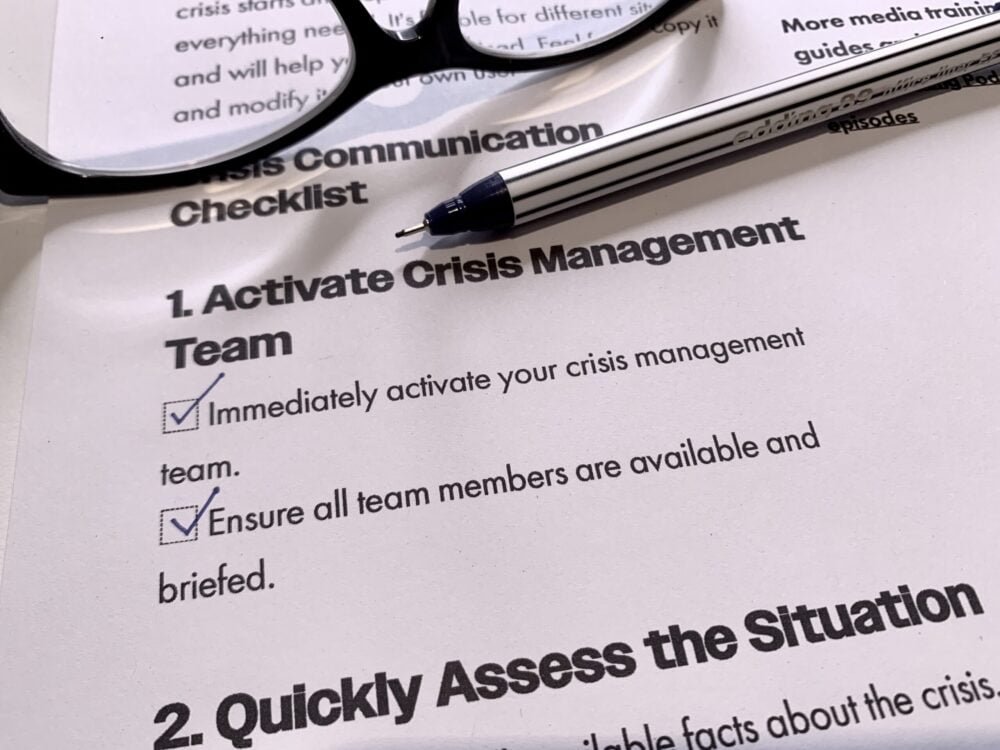
Crisis communications checklist
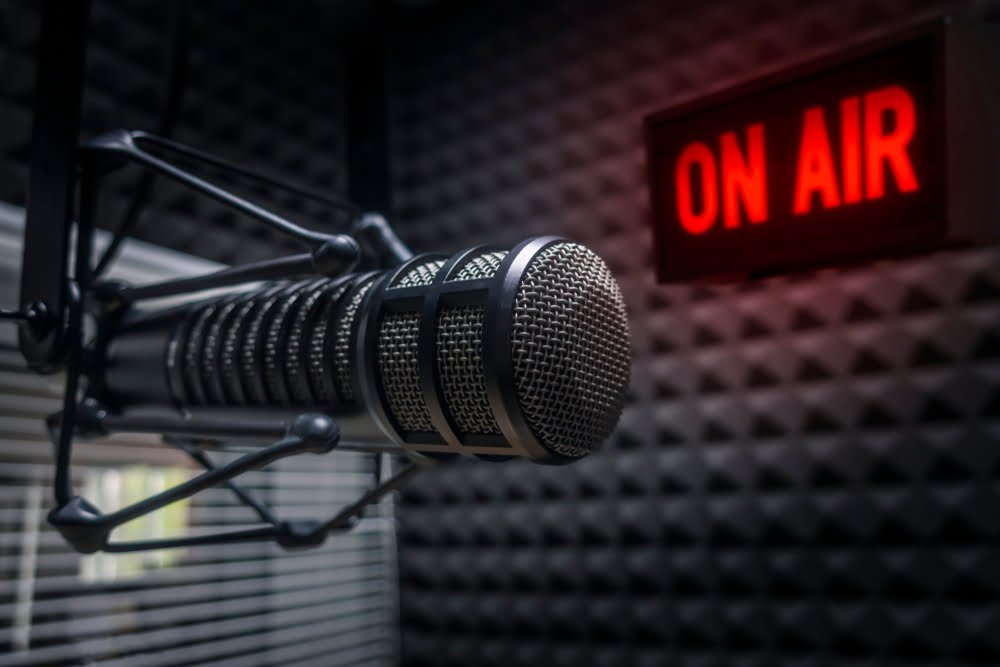
How to create a successful media soundbite
If faced with a hostile or negative question from a journalist, keep your cool and de-escalate the tension.
This means don't allow yourself to be swept up in the rising tension by staying calm. When faced with aggressive behaviour we get flustered, we often jump to our own defence. And that can mean forgetting all our key messaging and hitting back with an ill-judged comment.
Once you lose your cool it's game over
But, once you lose your cool it's game over. Whatever point you had will be forgotten. They've won. If you watch this type of TV, Quite often you see presenters crack a smile at this point, thank you politely for your time and move on to the next item.
Meanwhile, the clip of you getting angry is already being edited to run online and in the news bulletins for the rest of the day. That doesn't seem fair.
Shouting back is a similar no-no. You'll never win a slanging match. Presenters talk over people for a job and the gallery or studio manager will fade you out.
How do you diffuse a hostile or negative line of questioning?
So a great approach is to diffuse any hostility simply by pausing, relaxing, smiling and calmly making your point.
If you're interrupted, (which is another technique used to rattle guests) just say or repeat calmly, "Can I just finish my point?" Several times if necessary.
The absolute master of diffusing tough questioning was John (now Lord) Prescott, former deputy prime minister in Tony Blair's government.
He'd appear on BBC Radio 4's Today programme where the then presenter John Humpries would ask him a forthright question. And with a laugh in his voice would just put a pin in that tension and deflate it by saying, "Oh John, both you and I know that's really not the case, what we should be talking about is my key message."
So in summary hostile and negative questioning, keep cool and carry on! De-escalate the tension.
My next tip for answering a hostile or negative question from a journalist is to practice active listening
What do I mean by this, active listening? Tune into the question, not the tone of voice. Take a beat to make sure you have heard the question correctly. By actively listening you can remain calm and in control. You won't just just be waiting for your turn to speak.
Showing that you are listening is also rapport-building and respectful. That in itself will show that you aren't playing along with any negativity. It'll help you control your emotions and make a great point.
Active listening will also help you identify opportunities to bridge back to your key messages. So.
"That's an important point, but it's also essential to remember that..."
"Before I address that, let me first emphasise..."
"I understand your concern, however, the key issue here is..."
Active listening is your friend!
Answering a hostile or negative question from a journalist, don't be trapped by loaded questions
Thirdly, hand in hand with negative questioning, you'll usually be faced with loaded questioning. That's a question that makes you look bad, however you answer.
So for example a climate activist might be asked,
"If you care so much about carbon emission, how come you used your car to drive here today?"
How do we respond to that? tell you what, take a moment to think it over and we'll compare notes.
Here are some options:
- Challenge the premise: "I do everything I practically can to minimise my carbon footprint but caring about global warming doesn't mean you have to strictly stick to every possible environmental practice."
- Reframe the question: "You know the bigger point here is that as a nation we need systemic changes that make low-carbon transport an option for everyone."
- Acknowledge and bridge: "Everyone has a personal responsibility to reduce their carbon footprint, but the bigger picture here is, why is it taking so long to expand our network of more environmentally friendly transport."
Do you get the picture? Don't join in with the negativity.
So those are my tips for handling negative or hostile questions from Journalists.
Remember, most interactions with the media are just a businesslike exchange of ideas, not combat. Don't have nightmares about this!
Is confidence around media appearances an issue for you or your organisation?
Marvellous media training is for you. It's simple, and no one gets beaten up! We'll not often.
You'll learn how to prepare and perform, so you can confidently share your expertise when you're under pressure. Drop me an email hello@bitfamous.co.uk
Thanks for listening.

Mastering profile interviews in the media

Media appearances, the unwritten rules

Public apologies, how to say sorry in the media and mean it

Why off-the-record journalism is riskier than you think

What are key messages in the media?

Give your leader feedback after a media interview

Why avoid corporate speak and office jargon in media interviews?

Media interview preparation checklist

How to create a founders’ origin story

How to answer hostile or negative questions from a journalist

How to be authentic in a media interview

Crisis Management: How to write a holding statement

Crisis communications checklist

How to create a successful media soundbite
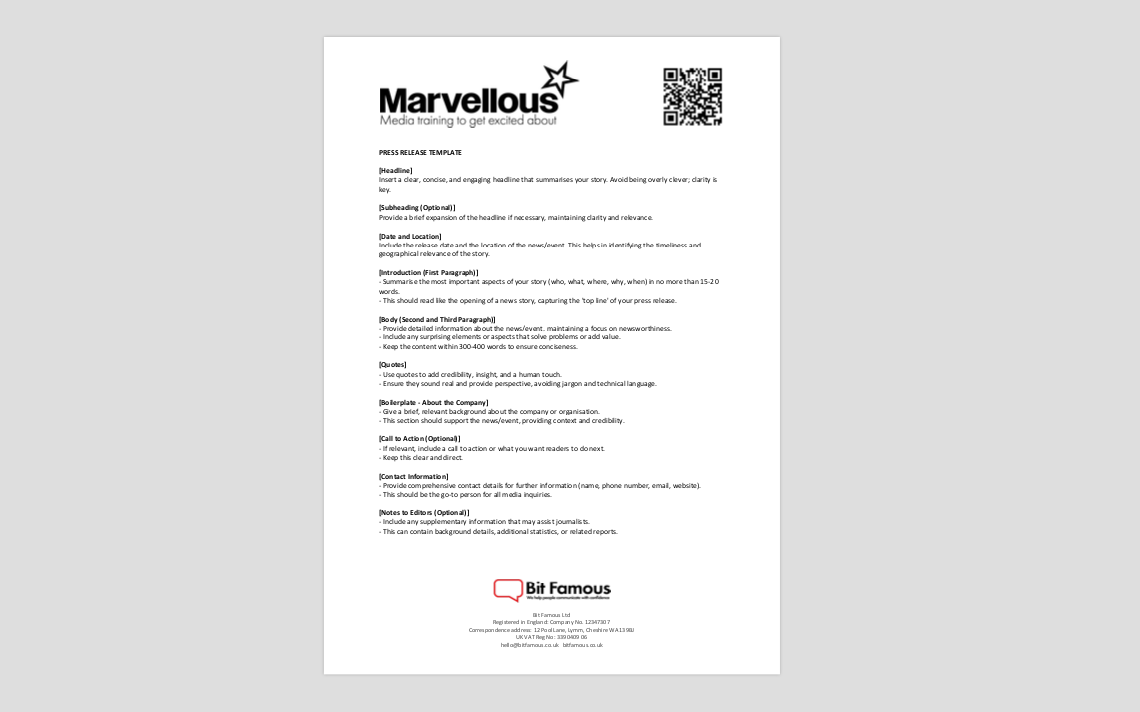
Free press release template (Word)
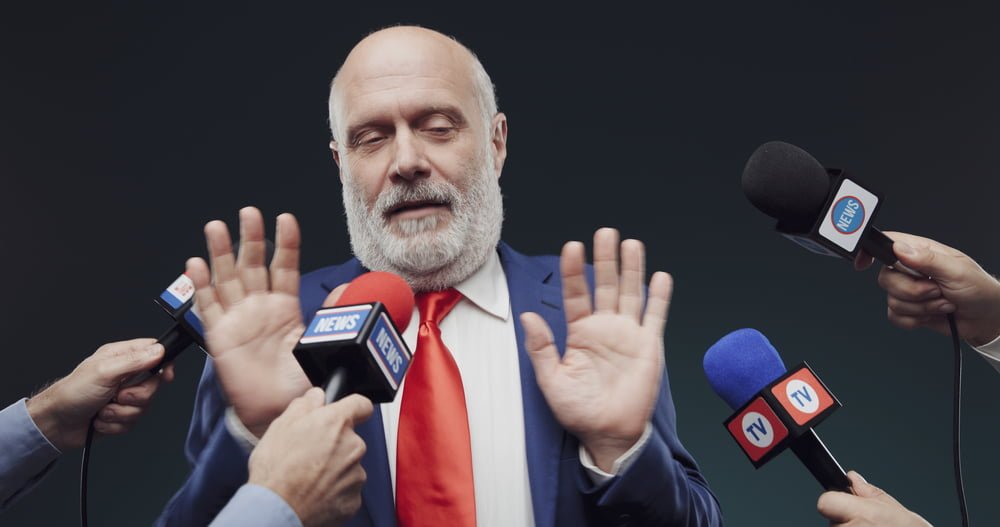
How do you handle a media question you don’t want to answer?
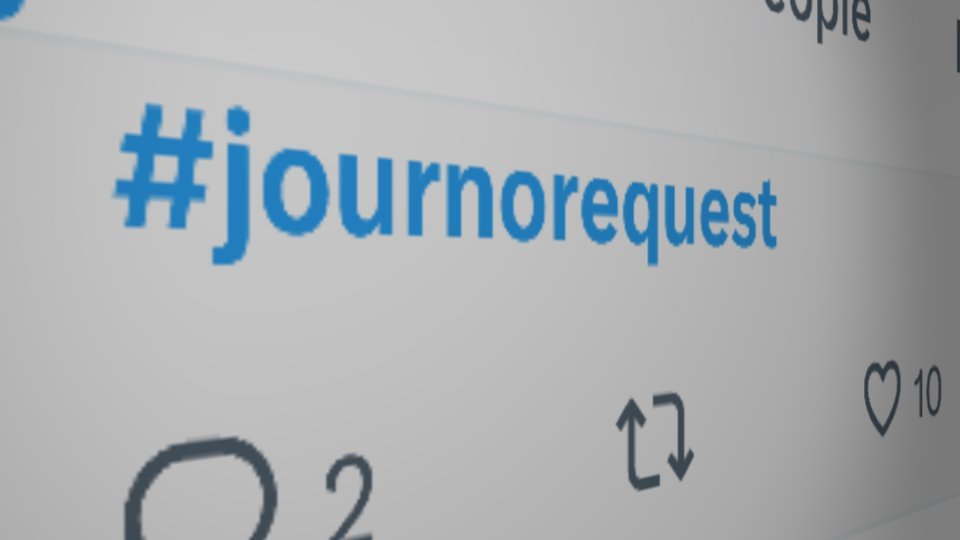
How to use #JournoRequest to get media attention for my business

How do I prepare for a TV interview online using Zoom, Teams or Skype?

How to appear on a business podcast

How to handle a difficult media interview
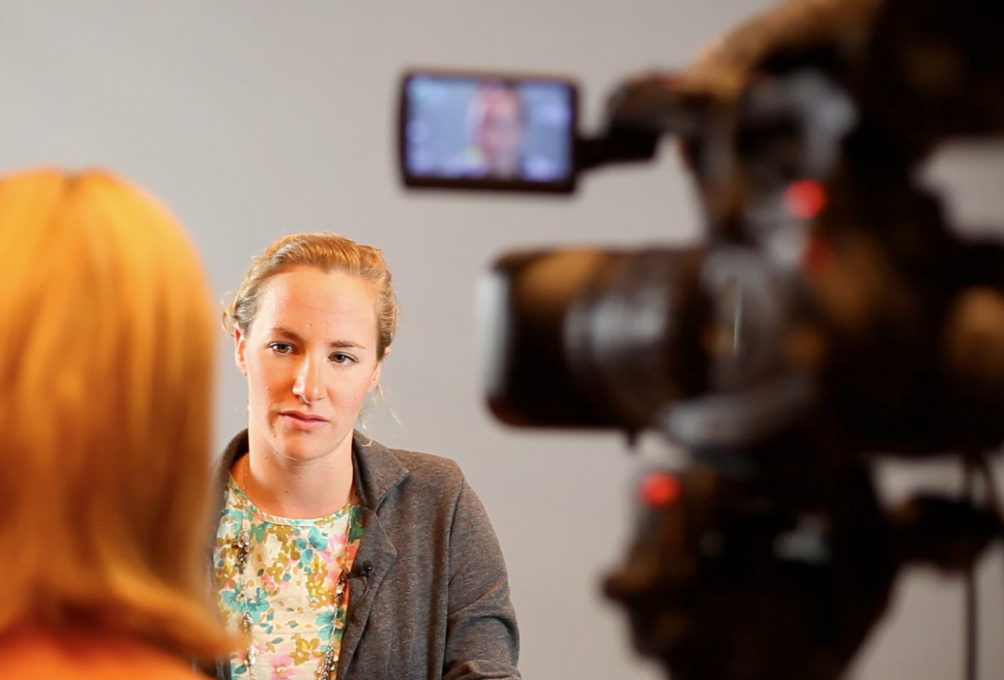
How to get featured in the media

How does the news work?
How can I develop a relationship with a journalist?

Manchester Media Training
How can I incorporate my organisation’s values or mission into a TV interview?
How can I use data or statistics effectively in a media interview?
How can I make my TV interview more engaging for the audience?
How do I research a journalist or interviewer?
How do I look good in a TV interview?

How to decline a TV interview request
Can I have the TV interview questions in advance?
What makes a good TV interview?

